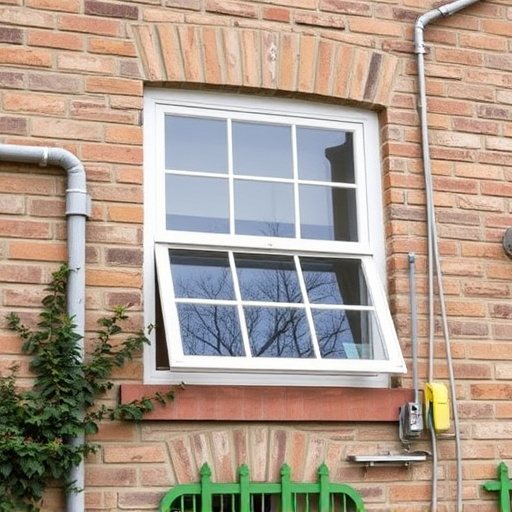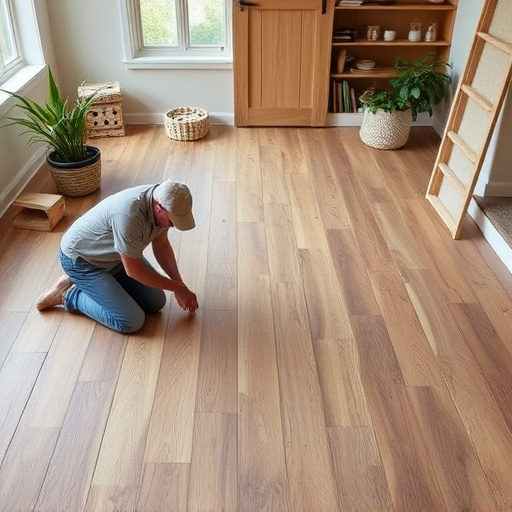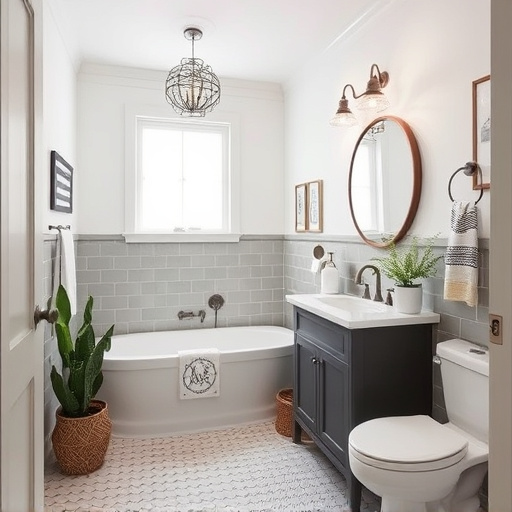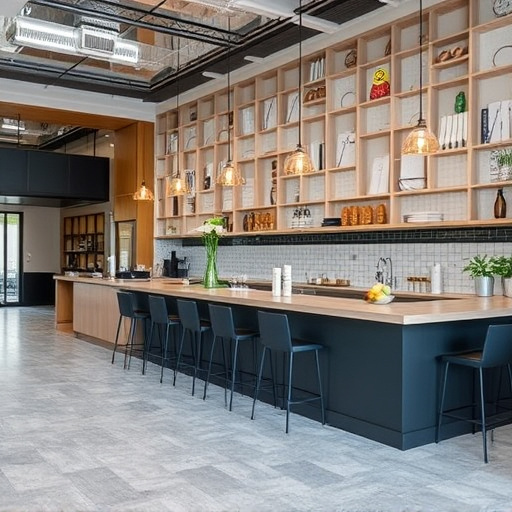Before committing to staying at home during a countertop install, carefully assess your living situation, including space layout, accessibility, noise levels, and dust. Evaluate alternative spaces within your home for retreat and determine your tolerance for construction noise. Planning a dedicated workspace, managing noise and privacy, and clear communication with your contractor are crucial for a smooth renovation process while minimizing disruption to daily life, especially in smaller kitchens or during larger residential renovations.
Can you remain at home during your countertop install? This guide explores the feasibility and offers practical advice. Balancing a major kitchen renovation with daily life demands careful planning. We break down key aspects, from assessing your living situation and understanding disruption timelines, to ensuring safety and comfortable arrangements. Learn how to navigate the process seamlessly while staying at home, transforming your space without sacrificing comfort.
- Assessing Your Living Situation
- – Considering space and layout for work area
- – Evaluating noise levels and privacy during installation
Assessing Your Living Situation

Before deciding if living at home during a countertop install is feasible, it’s crucial to assess your living situation. Consider the layout and accessibility of your space. If you’re undergoing a bathroom remodel or multiple room remodel, the disruption could be more significant, as work areas might need to be temporarily designated in living spaces.
Think about noise levels, dust, and overall accessibility during the project. Are there alternative spaces within your home where you can retreat if needed? Can you tolerate construction noise for a few weeks? Understanding these factors upfront will help determine if staying put during your kitchen renovations is a realistic and comfortable option.
– Considering space and layout for work area

When planning to live at home during a countertop install, one of the key considerations is creating an adequate space for work. The area required will depend on the size of your countertop and the complexity of the installation process. For smaller bathroom renovations or kitchen renovations, a compact, dedicated workspace can be established in a corner or along a wall. Ensure this zone has enough clearance for tools and materials while keeping essential areas of your home accessible.
For more extensive customized home renovations, you might need to allocate an entire room as the work area. This approach provides better organization and minimizes disruptions but requires additional space. Think about converting an attic, spare bedroom, or even a garage into a temporary workshop, allowing for efficient countertop install without compromising your daily comfort and routine.
– Evaluating noise levels and privacy during installation

During a countertop install, evaluating noise levels and privacy is crucial, especially if you plan to live at home throughout the process. While some renovation projects can be quite noisy, with drilling, sawing, and grinding sounds echoing through your space, there are steps you can take to mitigate these issues. Consider the layout of your home: if the countertop work is confined to one room, like a kitchen remodel, closing doors and using noise-canceling earplugs can significantly reduce disturbance to other areas of your residence. For larger multiple room remodels or kitchen renovations, discuss with your contractor options such as temporary sound barriers or scheduling quieter tasks for off-peak hours to minimize disruption during daily routines.
Privacy is another factor, particularly if the work involves removing existing countertops and cabinets. Ensuring that your renovation team respects your personal space and provides adequate notice before entering private areas of your home is essential. For more extensive residential renovations, where changes may be visible from common areas or entryways, communicating clearly with your contractor about timelines and expected noise levels can foster a smoother experience as you navigate these changes alongside your daily life.
While it may be tempting to stay at home during a countertop install to avoid disruptions, it’s essential to consider your living situation. If your home has ample space for a dedicated work area and noise levels aren’t excessive, staying put could work. However, if privacy is a concern or your layout doesn’t allow for comfortable separation from the work zone, exploring alternative arrangements, like arranging temporary accommodations nearby, might be a smoother solution for a successful countertop install without sacrificing comfort at home.














